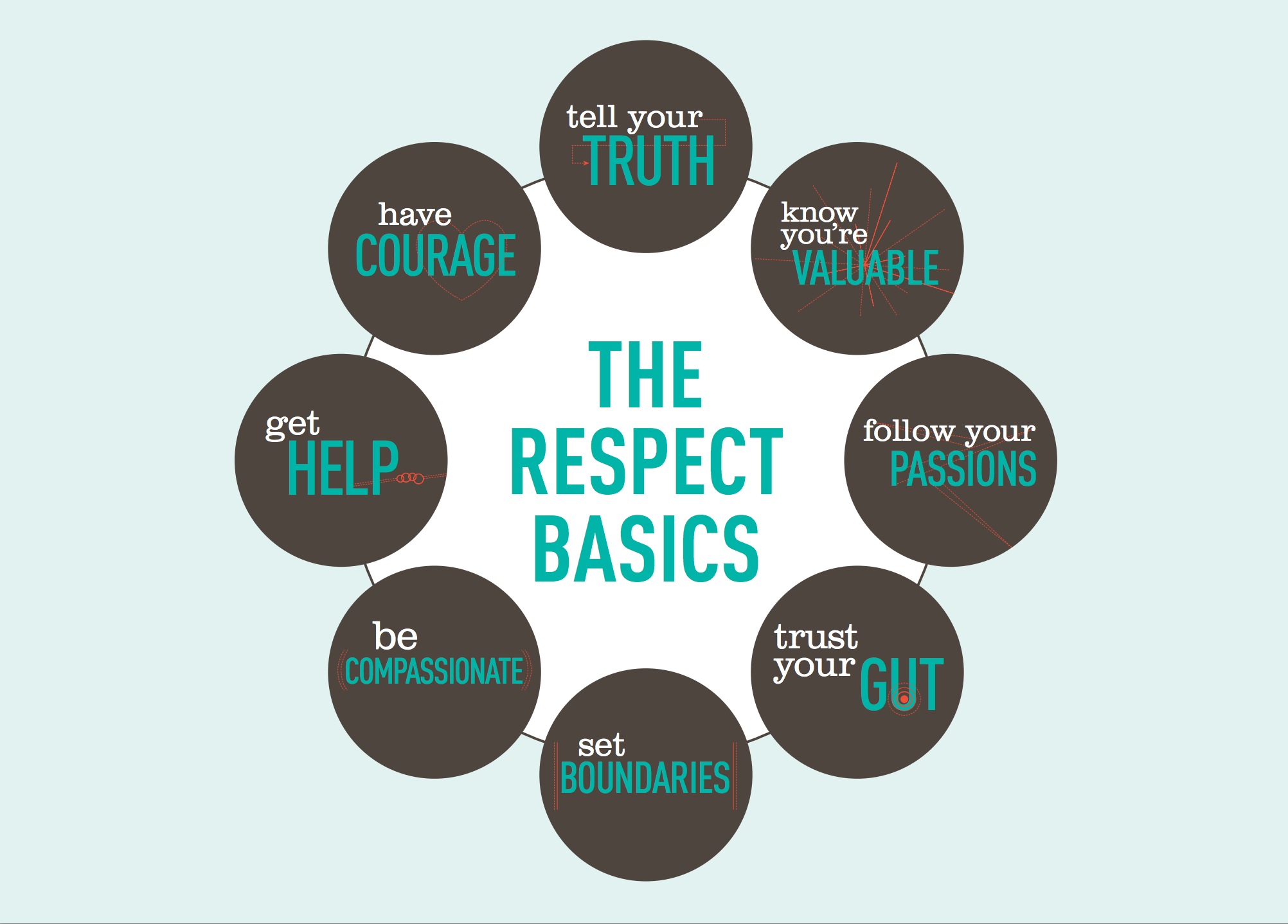At work and in our communities, we often are confronted with uncertainties or tension around our differences. A challenge to all of us is to create respectful relationships amongst all the different groups at work and within our communities. Respect is of the utmost importance when dealing with the conflict between different groups.

Research done by CCL found that being respectful was found to be a key responsibility of all leaders (work and at home) when dealing with differences between groups.
It seems so easy to say that we should act respectfully, but in many instances, it might not be that easy. The research found that the 3 key factors of what respect means to people are:
- It is about listening – People feel respected when they are heard and understood. To understand people, we need to be interested in people to be able to build trust. This does not mean we have to agree with or like the other person’s viewpoint. The mere fact that you have listened to the other person’s side of the story, his/her experiences or opinions gives one a better understanding of the other person’s perspective on the situation.
- It isn’t the absence of disrespect – By eliminating disrespect, such as being rude to others, not respecting others’ human rights or personal space, doesn’t by itself create respect. By acting respectfully, we can have a positive impact on resolving conflict or tension amongst ourselves.
- It can be shown in many ways – The perception of what respect is is influenced by our different cultures, families, peers and our social relationships. We all need to understand how respect is given and received in our different cultures. Our perceptions of treating other people with respect might not be seen as respectful in other cultures. We need to understand and acknowledge our different cultures in business and in our country.
CCL has found that respect can be cultivated in the following ways in business:
- Be interested and appreciate other people’s skills, abilities, knowledge, and perspectives.
- Recognize the input and efforts of others.
- Openly communicate information amongst each other so that all personnel can operate with similar information.
- Look for opportunities where input can be given into processes.
- Take people’s concerns serious and make sure you understand the context and detail of such concerns.
Respect is thus paying attention to things going on around you and the people in that environment, being in your communities or at work. Let all of us thus focus on not making assumptions about other groups, respect each other’s personal space and private life’s and stop unacceptable behavior towards each other.
Let’s pay respect to each other, as respect goes a long way!!!


